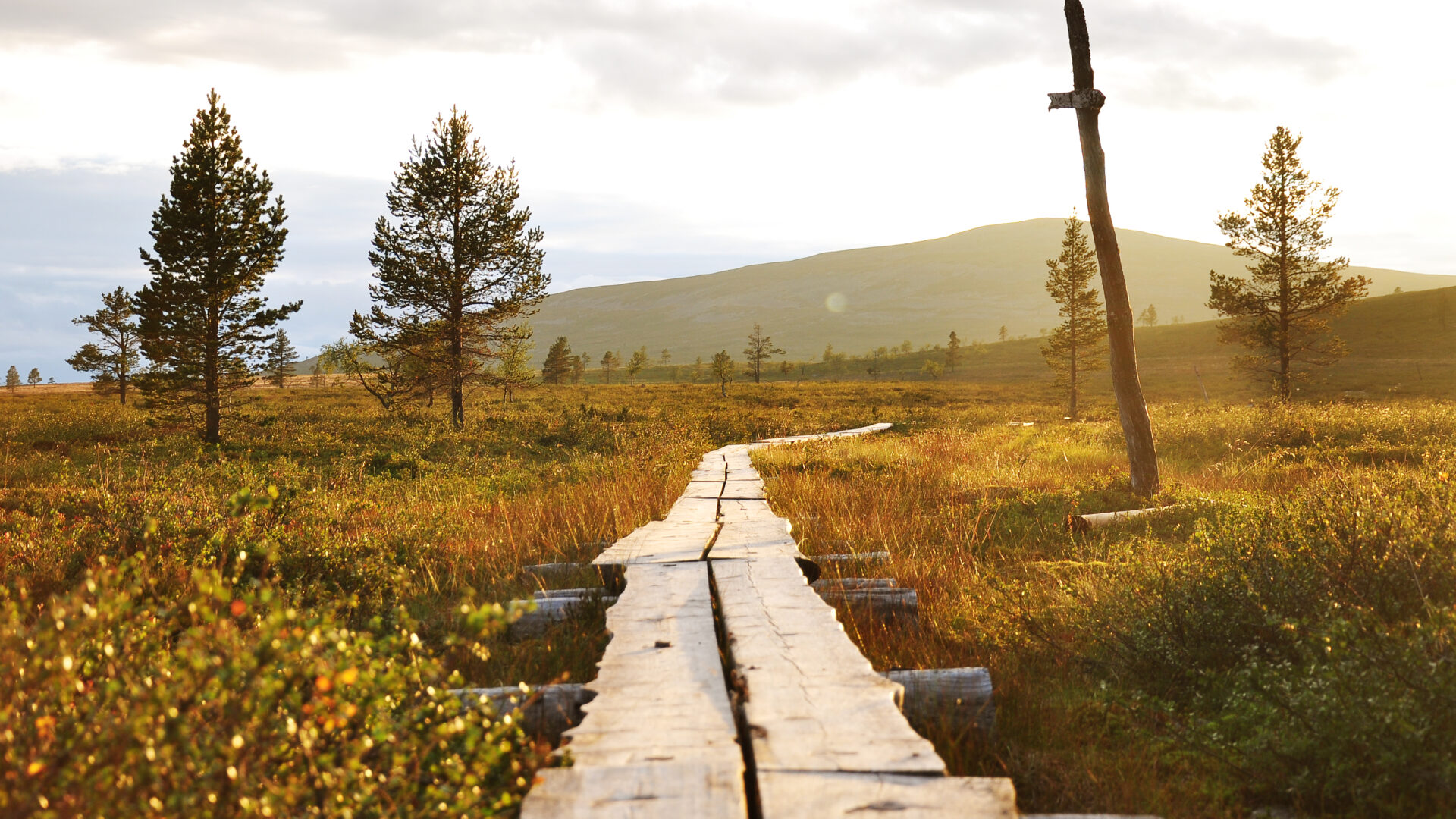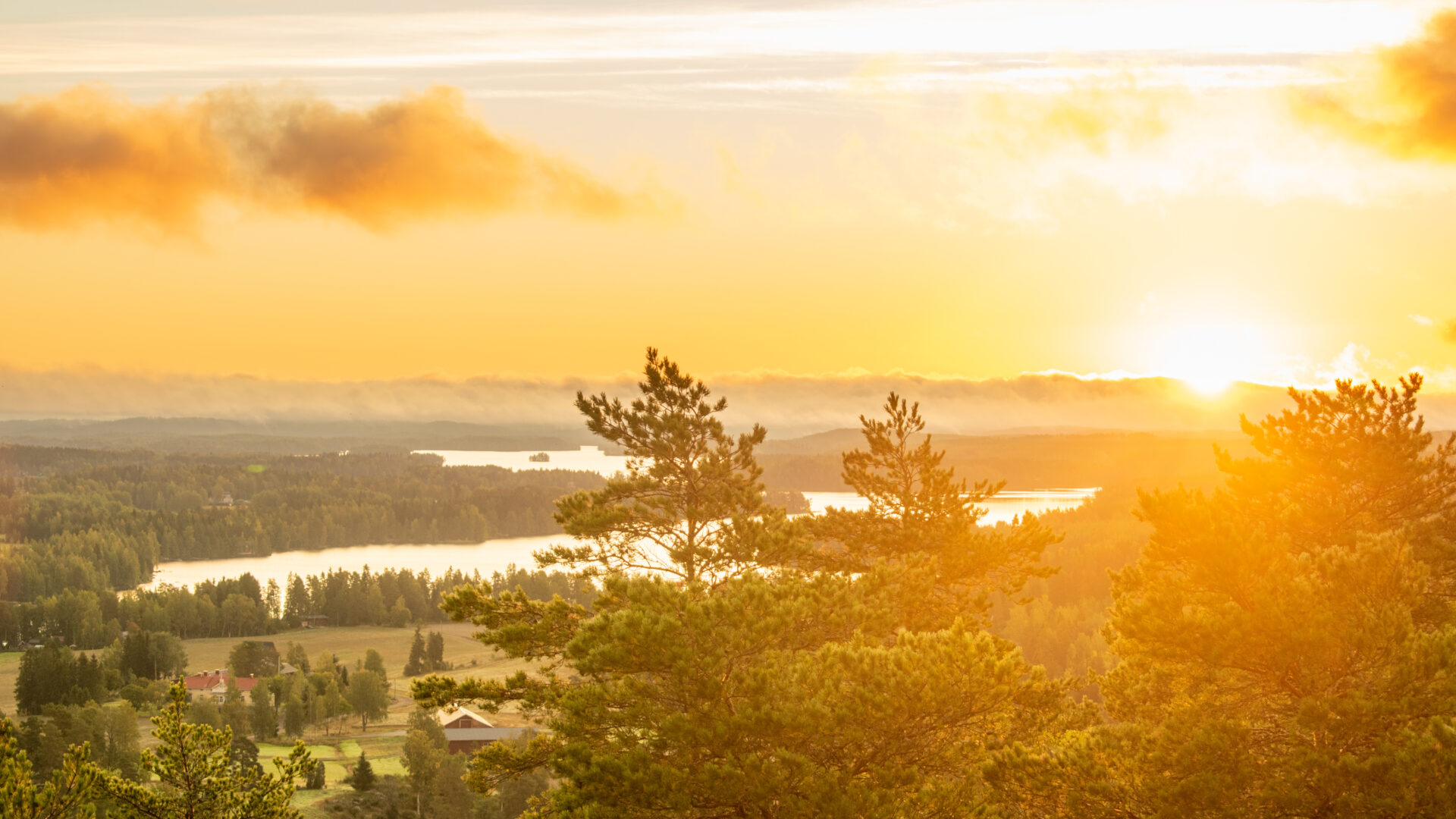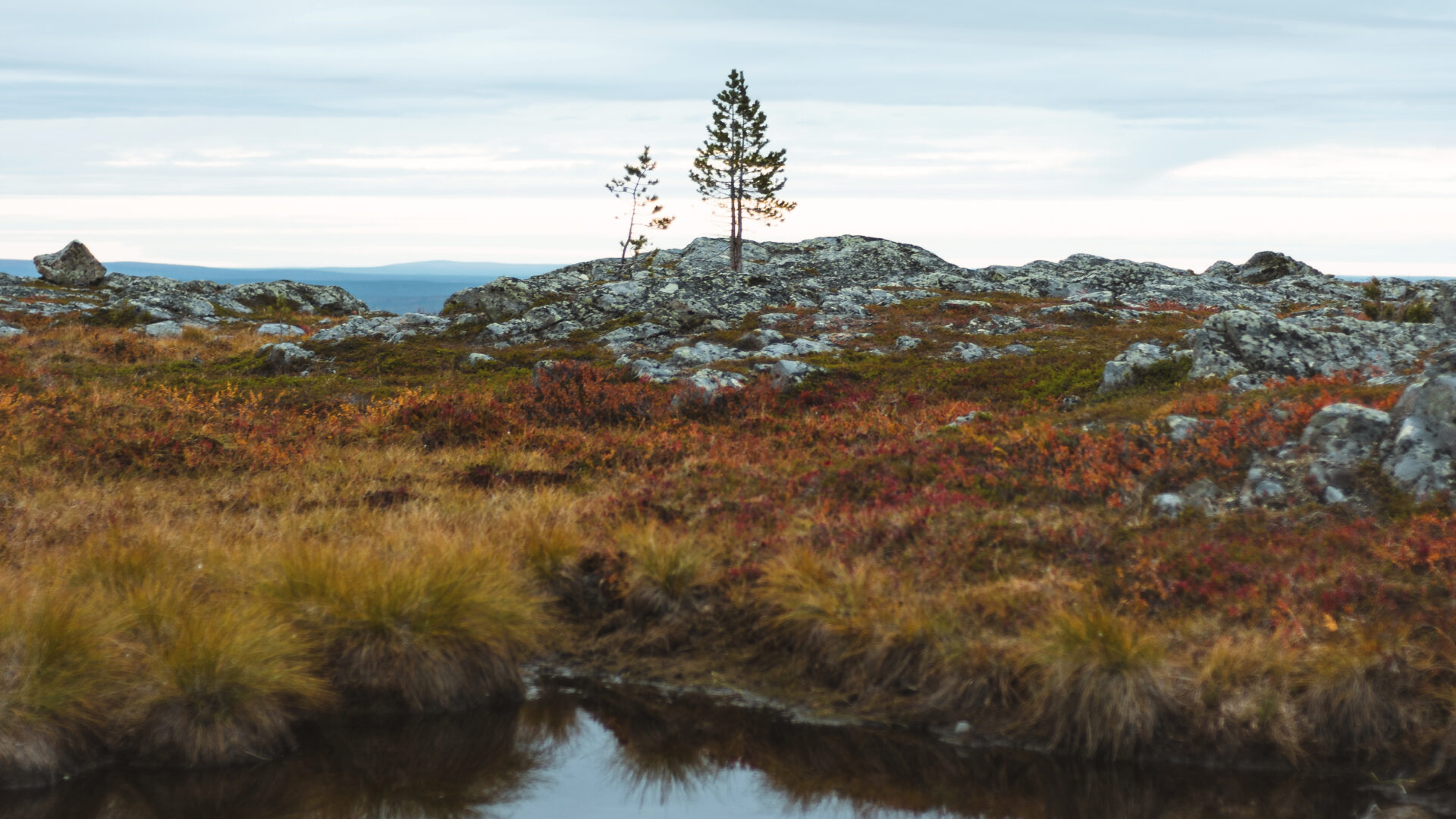
Climate action

Action to combat climate change
The fight against climate change is the single most important challenge in the world today, necessitating immediate action from companies. This is also central to how we do business at Lumene Group. Our business is closely tied with the wellbeing of our environment. Our naturally derived ingredients come from a rich Nordic nature, and we see first-hand the importance of environmental conservation and restoration to ensure the long-term prosperity of the Nordic nature.
Our goal is to reduce our CO2 emissions (Scope 1, 2, 3) by 42% by 2030 from a 2021 base year. Our climate actions have historically been focused on reducing our direct emissions (Scope 1 and 2), and we succeeded to decrease scope 1 and 2 emissions by 88% at our main site in Espoo, Finland, between 2018 and 2021.
In 2023, we officially committed to the Science Based target initiative’s (SBTi) near-term objective with our reduction targets aligning with the 1.5°C goal of the Paris Climate Agreement to reduce 42% of our Scope 1, 2 and 3 emissions by 2030. With this we give a strong message to our business partners to work with us for absolute emission reduction. We also plan to become a net zero company by 2050 and we are currently working on a more accurate plan. Our ambition of a circular business model by using side stream materials supports the reduction of emissions.

Circular beauty supporting biodiversity
At Lumene Group, we recognise that biodiversity is the basis of our lives. It is significant for human life because we depend on the existing diversity in nature. The preservation of biodiversity is therefore becoming increasingly important and has an impact on companies and their business activities.
Many cosmetic products contain plant-based or other biological raw materials. In recent years, cosmetics companies have recognised the importance of integrating respect for nature and people, as well as adopting sustainable practices in the use and sourcing of raw materials to conserve resources. We aspire to make these principles an integral part of our business activities, striving for continuous improvement. Circular products, designed with a focus on sustainability and minimising environmental impact, can contribute to mitigating biodiversity loss. By integrating circular eco-design principles into product design and life-cycle management, we can play a role in promoting biodiversity conservation and contributing to a more sustainable future.
By designing our products with circular product design guidelines, we highlight the usage of side stream, recycled or sustainably sourced renewable and biodegradable materials. Circular economy principles emphasise sustainable sourcing of materials. This means using resources from suppliers committed to sustainable practices, thereby reducing the negative impact on ecosystems.

Wetland restoration to protect nordic nature and to increase biodiversity
Lumene Group funds the Finnish Association for Nature Conservation (FANC) to restore local wetlands, which are the biggest permanent carbon storages in Finland and areas crucial to biodiversity in Finland. Many of our active ingredients are wildcrafted from Nordic and Arctic Nature, which is why we want to give back to the nature by making a positive environmental impact.
By restoring the wetlands, we can help slow down climate change by increasing permanent carbon storages in soil and by preventing carbon release into atmosphere to warm the climate. Also, the wetland biodiversity is revitalised by the restoration. Measuring improvements in wetland biodiversity is challenging, but there are promising signs of new species appearing in the restored areas.
Together with FANC, we raise awareness about biodiversity to encourage more environmentally conscious behaviour among stakeholders, supporting efforts to mitigate biodiversity loss.
See more of our achievement in our Sustainability report 2023 here.